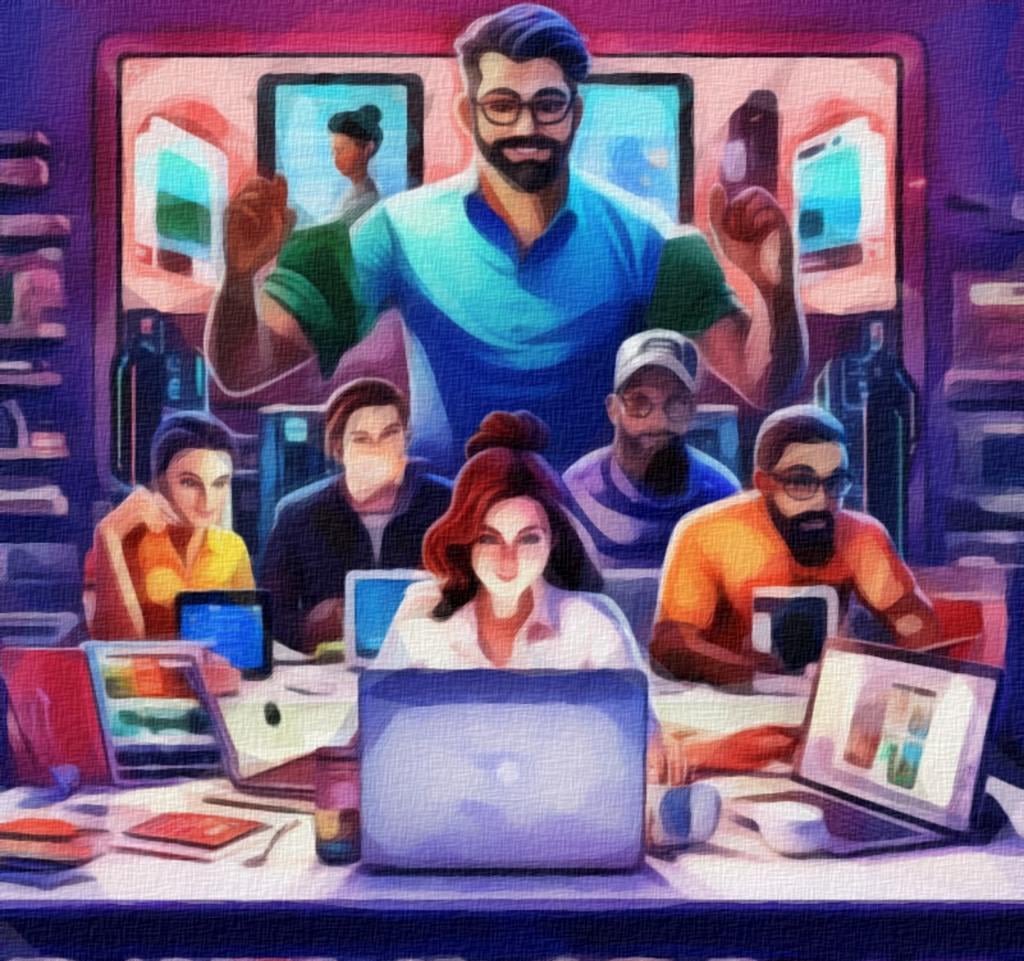Introduction to unionization and its importance
Are you a freelance iOS developers looking to stay ahead in the ever-evolving tech industry? Unionization trends at Apple may just hold the key to your future success. Join us as we delve into the world of unions and explore how they could impact independent developers like yourself in 2024.
History of unionization at Apple
Apple has a complicated record when it comes to unionization. Employees made some early attempts to form unions in the 1970s, but they ran into difficulties and eventually failed to gain any support. In more recent times, talks about unionization have come up again among Apple retail employees who want improved benefits and working conditions. However, Apple has generally been resistant to formal labor unions within its workforce.
Despite this resistance, there have been instances of successful organizing efforts at other tech companies that could potentially influence the future landscape at Apple. As the gig economy grows and more workers seek protections and collective bargaining power, the conversation around unionization is gaining momentum across various industries.
The evolving dynamics of labor rights and worker advocacy may shape how freelance iOS developers approach their work arrangements in the coming years. Stay tuned for how these trends unfold within the tech giant's ecosystem.
Current state of unionization at Apple
In recent years, there has been discussion and interest in unionization at Apple. Although the firm has never supported unions, there have been employee movements calling for improved representation and working conditions. Some employees think they will have more negotiating leverage if they join a union and demand fair pay, benefits, and job security.
But for the time being, Apple is still mainly non-unionized. The computer company has always taken a strong stand against attempts by its employees to form unions. There are continuing conversations and initiatives by certain staff members to promote change in spite of this opposition.
Apple's unionization situation is complicated and changing right now. The topic of worker rights and representation is growing in importance as labor abuses in the computer industry come under more scrutiny. It will be interesting to observe how these dynamics with relation to Apple's unionization develop in the future.
Impact on freelance iOS developers
Freelance iOS developers may be significantly impacted by Apple's unionization trends in a number of ways. Employees may be able to negotiate higher pay rates, benefits, and working conditions by creating unions. This might establish new benchmarks for the sector as a whole.
Being a member of a union may allow freelancers in particular a collective voice to address problems like fair wage and project stability. It might also foster a sense of camaraderie and solidarity amongst the frequently solitary independent developers.
But there could also be disadvantages. The freedom and independence that come with working alone without being constrained by union rules or dues may be preferred by certain independent contractors. For self-employed people, being a member of a union may also mean more complicated decision-making procedures and compliance standards.
Due to the intricate and varied effects of unionization, independent freelance iOS developers must carefully weigh the potential advantages and disadvantages.

Potential benefits and drawbacks of joining a union as a freelancer
There are various benefits for independent freelance iOS developers to join a union. By joining a union, freelancers can receive access to collective bargaining power, which could lead to better working conditions and fair compensation. Furthermore, unions frequently provide possibilities for professional growth and legal support, two things that can further the careers of independent contractors.
However, there are disadvantages to becoming a member of a union, such as paying dues and even losing some of your flexibility at work. Navigating the bureaucracy of a major organization such as a union can provide challenges for independent contractors, particularly for individuals who are accustomed to operating alone.
Independent freelance iOS developers may find joining a union beneficial, depending on their preferences and interests. It is up individual freelancers to consider the benefits and drawbacks of joining a union before deciding to do so.
Alternatives to joining a union
For freelance iOS developers who may be hesitant about joining a union, there are alternative avenues to consider. One option is to leverage online communities and forums dedicated to supporting independent developers. These platforms offer valuable resources, mentorship opportunities, and networking connections without the formal structure of a union.
Another alternative is to explore professional associations specific to freelance iOS developers. These organizations provide access to industry insights, training programs, and events that can enhance your skills and expand your professional network.
Furthermore, having strong negotiation and self-advocacy abilities can help independent contractors create transparent contracts, set reasonable prices, and guarantee payment to clients. Developers can safeguard their interests without depending on unionized collective bargaining by developing these skills.
For more information, contact me.
Conclusion: What does the future hold for unionization at Apple?
The future of unionization at Apple remains uncertain yet promising. As more employees and workers across different sectors advocate for fair treatment and better working conditions, the pressure on tech giants like Apple to address labor concerns will likely continue to grow.
Keeping up with unionization patterns at Apple can be a great way for independent freelance iOS developers to gather insight into future prospects for collective bargaining. It could be challenging for you as an independent contractor to join a union, but you might also discover that the developer community offers additional chances for cooperation and advocacy.
The likelihood that unionization will grow among Apple's independent freelance iOS developers will rely on several factors, such as the company's operations, the evolution of labor laws, and the tenacity of employees' efforts to organize and demand their rights. Going forward, it is essential that all concerned parties engage in meaningful dialogue and work toward creating a more equal and inclusive environment in the IT sector.